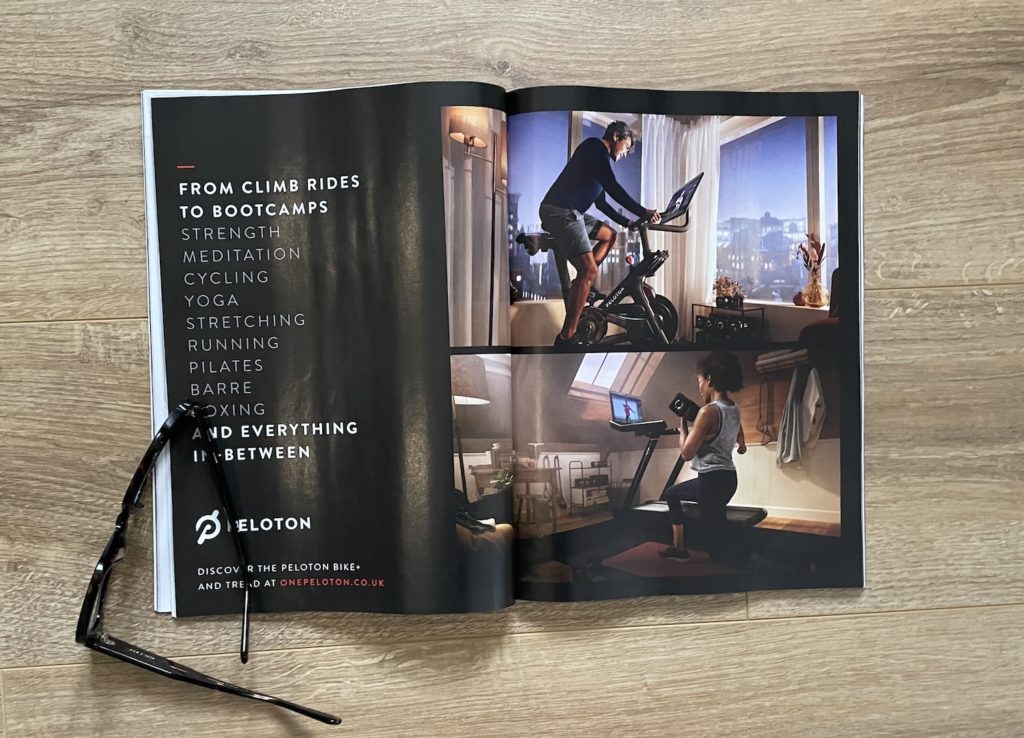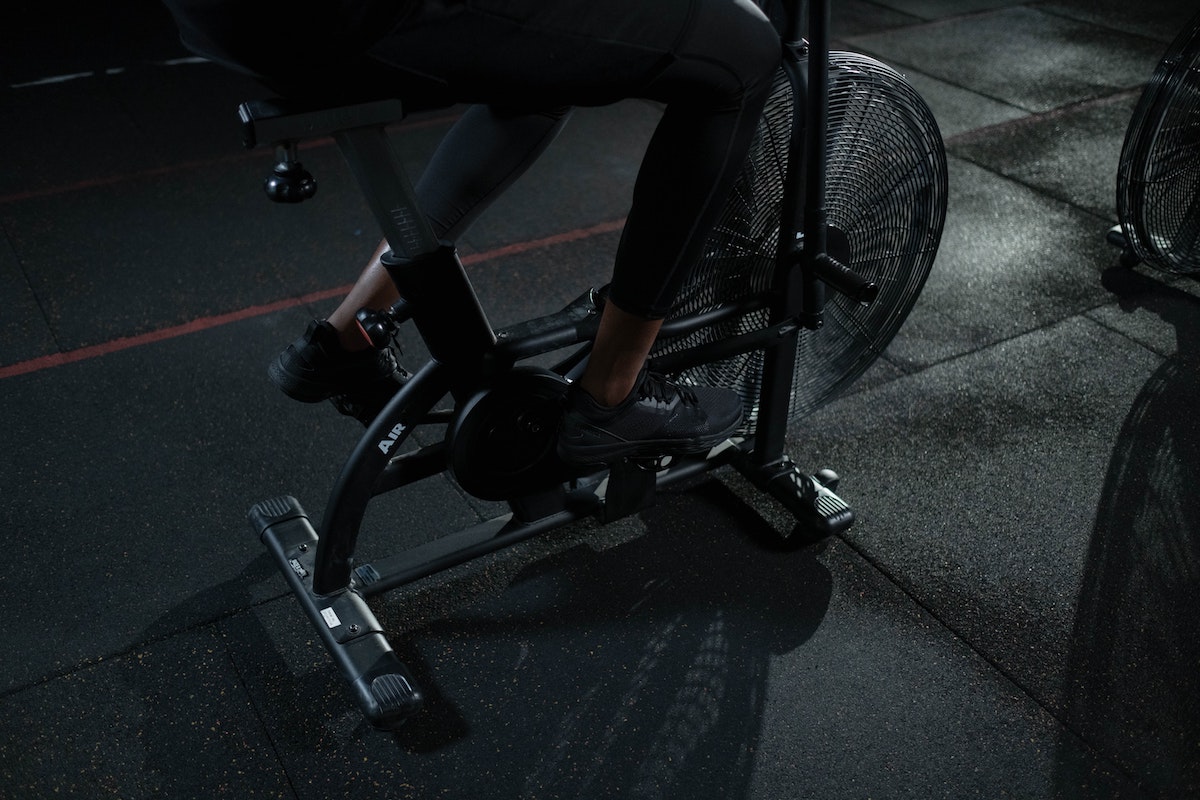Is this on-brand? It’s a question marketers ask themselves and each other all the time. It’s both an objective and subjective, and I argue, overrated question.
Don’t get me wrong. I love a brand. I make a living out of exploring brand positioning, helping clients explore their market, learn about their customer, and understand who they are in that context. And I agree, there are things that are categorically off-brand. But sometimes, we’re too precious with it. We’re too safe with it. There is room to play and to take risks.
We need to get back to the root of what branding is. It’s the space that you take up in a customer’s mind. In order for a customer to associate something with you, they need to be thinking of you. How available are you to them? How quickly do you come to mind? You need to give them a reason to notice you, to think of you, to recall you.

I really like the example of Peloton in the Sex and the City reboot. At signing, Peloton didn’t know that a key character, Mr. Big, would suffer from a heart attack shortly after a Peloton class. Many thought this was the worst thing for the brand. How could they be associated with a loved character’s death? What a disaster. Cue the crisis management – all hands on deck.
At the end of the day, I see this as a good thing for Peloton. What was already a household brand name became topical in mainstream society. Moreover, it became topical two weeks before Christmas, their busiest season of the year.
We need to remember that customers are not idiots. Despite the flurry of tweets proclaiming people would never get on a Peloton again, people don’t actually believe that a Peloton means imminent death. Instead, they’ve seen a product they may also have in their homes inside a fancy, multi-million dollar Manhattan penthouse with characters they love/loved (and. People can get past this. No one is shaking in their (Peloton) boots.
Then, Peloton responded well. The day after the episode aired they brought out a cardiologist to talk about Big. How it wasn’t the Peloton that killed him, but his lifestyle filled with cigars, whiskey and decades worth of restaurant reservations. In fact, Peloton probably extended Big’s life. This was a good move. Somewhat funny, clever and most importantly, kept the conversation going.
Then an eye-watering 48 hours later, they resurrected Big in their ad. (And note, I’m thinking about this from the context before the sexual assault allegations against him came to life.) With the help of Ryan Reynolds and team (emphasis on the team – my heart goes out to every member of the creative, production and account teams that didn’t sleep for that entire duration). It really was a textbook example of how to use the cultural chatter and make it work even harder for your brand. Hats off, Ryan.
What many initially thought of as disaster for the brand, I see as something really great. I know we’re not all Pelotons with Ryan Reynolds on speed dial (don’t I wish), we can all roll with the tide of our brands a little more. Let’s take some risks, remembering that the very first challenge is to be relevant enough to have a place in a customer’s mind. Let’s give them a reason to let us in.
What do you think? You can comment, email me or join me on the socials (Instagram & LinkedIn) to let me know. I’d love to hear your view!

+ show Comments
- Hide Comments
COMMENT